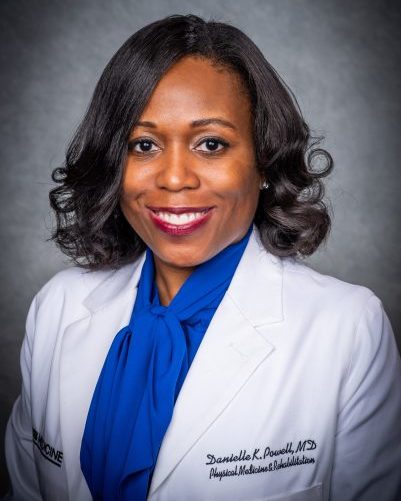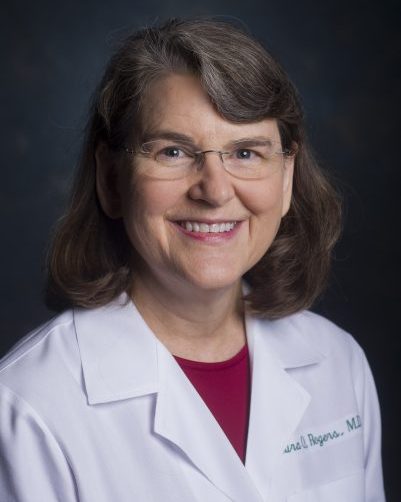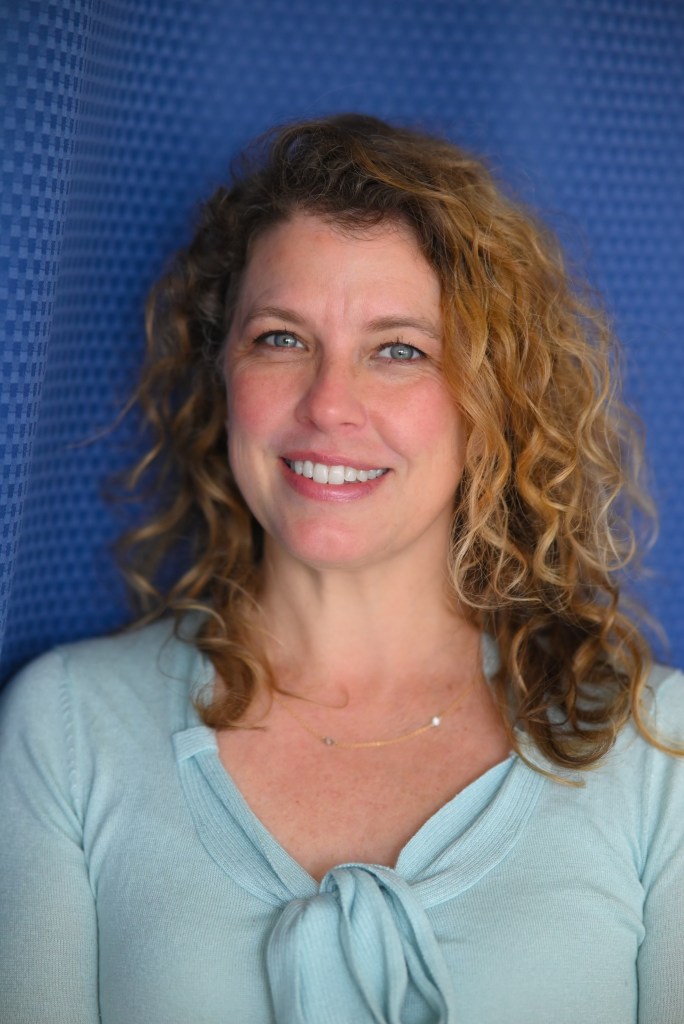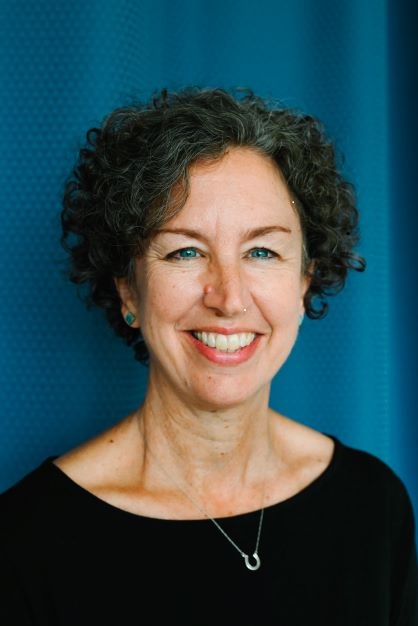Cancer Rehabilitation Plus Program
Cancer treatment can be hard on the body and make life challenging. Cancer rehabilitation helps patients with cancer and cancer survivors regain and maintain physical, emotional, social, and work-life abilities. Many doctors and national health organizations now recognize rehabilitation as a necessary part of cancer care.
The UAB Medicine Cancer Rehabilitation Plus Program serves patients before, during, and after treatment. Starting the program can help patients physically prepare for treatment and reduce the negative effects of chemotherapy and other cancer therapies on physical and mental abilities. The program also helps cancer survivors who have finished treatment and need to improve their functional strength, endurance, and more. And, it teaches patients and their caretakers how to safely complete daily care tasks, allowing them to continue their cancer journey at home rather than in a hospital.
Our program can help patients:
- Reduce fatigue (tiredness) and other side effects of treatment
- Improve mobility, balance, and coordination
- Reduce joint, spine, and neuropathic (nervous system) pain
- Improve thinking and memory
- Decrease swelling (edema) in the arms, hands, head, and neck
- Increase strength and endurance
- Improve speaking and swallowing
- Care for themselves better
- Return to work
- Create a personalized activity plan
The Cancer Rehabilitation Plus Program offers multiple options for addressing the needs of patients, which allows us to create care plans that are better suited for each individual situation. Studies show that this broad approach helps improve pain control, physical and mental function, and emotional wellness.
As part of UAB Medicine, the Cancer Rehabilitation Plus Program can help connect patients with cancer to resources designed to maximize their recovery. A few of these resources are linked below:
- UAB Supportive Care Clinic (Physical Therapy, Massage Therapy, Clinical Exercise Physiologist)
- UAB Outpatient Rehabilitation (Occupational Therapy; Speech Language Pathologist)
- UAB Weight Loss Medicine
To contact UAB Cancer Support Services, please send your contact information and reason for your request to CancerSupportiveServices@uabmc.edu
The program is a collaboration among UAB’s Physical Medicine and Rehabilitation, Weight Loss Medicine, Supportive Care, and Preventive Medicine teams. It is supported by specialists who use proven methods in rehabilitation, exercise oncology, and other fields. It includes physical and occupational therapists, speech therapists, exercise physiologists, massage therapists, and other professionals who are trained to address the challenges of cancer treatment and recovery. Some of these roles and services are described below:
- Physical medicine and rehabilitation physician (physiatrist): Physiatrists are specialty-trained and board-certified physicians who often lead the cancer rehabilitation process, especially for patients with functional limitations such as pain, difficulty with mobility, or lymphedema (a type of swelling due to a buildup of fluid). These physicians are trained in diagnosing, treating, and preventing physical limitations or disabilities. Physiatrists evaluate, treat, and help manage post-treatment conditions that affect patients’ ability to function, while also addressing other goals. This process can include joint injections, assistive devices, prosthetics, and referrals to other professionals.
- Physical therapist: Physical therapists are licensed to help reduce pain and reduce movement difficulties caused by cancer treatment or surgery. The treatments they provide include scar tissue release and rebuilding muscle strength in areas impacted by cancer treatment.
- Occupational therapist: Occupational therapists are licensed to help improve overall functional abilities, including performing the activities of daily living, by reducing the side effects of cancer treatment. Examples of treatments include managing swelling (edema), addressing scar tissues, and home exercise programs.
- Speech-language therapist: Speech-language therapists are licensed to help improve communication, swallowing, and thinking by providing education and training, as well as post-treatment therapy to address changes from cancer-related surgeries and treatments. Examples of treatments include teaching patients thinking and memory strategies, performing endoscopies and video X-rays to help improve the patient’s ability to swallow, and exercise programs designed to improve speaking and swallowing by addressing movements of the face, mouth, and throat.
- Cancer exercise physiologist: Cancer exercise physiologists are certified to help maximize the effects of exercise for patients before, during, and after cancer treatment. They partner with patients and survivors to create individualized exercise plans that are personalized to their health conditions, lifestyle, preferences, and goals. These plans are especially helpful during treatment and when combatting cancer side effects (such as fatigue) or helping patients change certain exercise behaviors after treatment.
- Massage therapist: Oncology massage therapists provide safe, comforting, skilled touch to patients at almost any point during their cancer treatment journey. This often results in a better quality of life and less pain and anxiety. They also use modified techniques for patients who cannot tolerate the deep pressure of standard massage therapy.
If you are interested in any of these services, please ask your UAB oncologist for a referral to one of the above rehabilitation service of interest.
 Nicole Morris, LMT, COMT, CMLDT
Nicole Morris, LMT, COMT, CMLDT
Recent News
View All News










